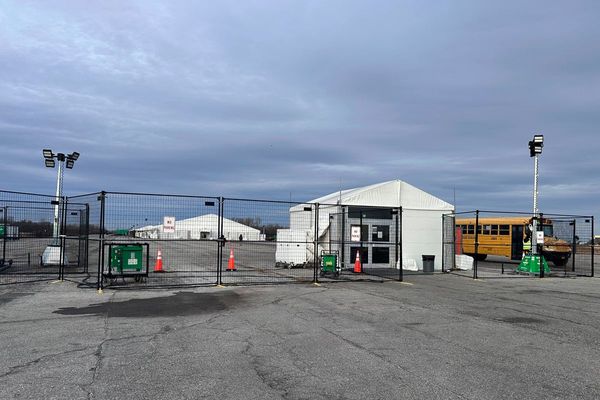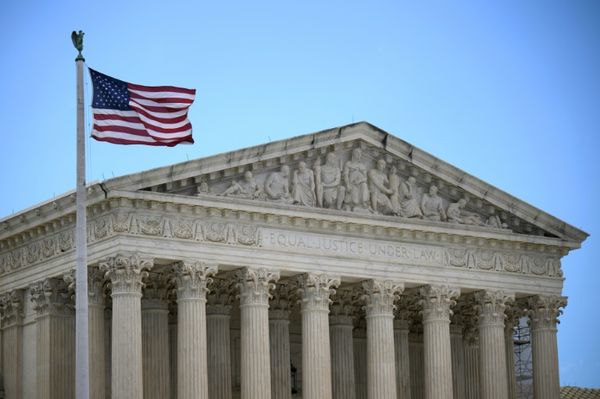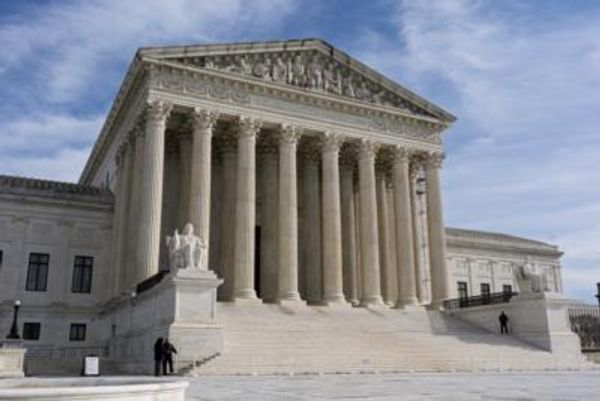Millions of households will receive a £400 discount off their energy bills and a £5 billion tax will be levied on oil and gas giants as Rishi Sunak moved to counter the soaring cost of living.
The Chancellor was forced to unveil emergency measures as part of a £15 billion package to tackle the impact of soaring inflation, which has reached a 40-year high.
Along with the universal energy payment for every bill payer across the UK, targeted support was also announced for the poorest, the elderly and the disabled - and the best bit is that nobody will have to apply for it as the payments will be made directly by the Department for Work and Pensions (DWP) and HM Revenue and Customs (HMRC).
The Chancellor acknowledged that high inflation is causing “acute distress” for people in the country, telling MPs: “I know they are worried, I know people are struggling.”
He said the UK Government “will not sit idly by while there is a risk that some in our country might be set so far back they might never recover”.
The £6 billion announcement of £400 in universal support from October replaces the initial plan for a £200 ‘loan’, with Mr Sunak scrapping the requirement to repay the money.
Financial support announced by the Chancellor
People on means-tested benefits
A one-off £650 payment to more than eight million low-income households on means-tested benefits including Universal Credit, Tax Credits and legacy benefits which will be paid in two instalments in July and the autumn at a cost of £5.4 billion.
People over State Pension age
A £300 payment to pensioner households in November/December alongside the Winter Fuel Payment, costing £2.5 billion.
Disabled people on non-means tested benefits
£150 to individuals receiving disability benefits including Personal Independence Payments (PIP), Disability Living Allowance (DLA), and Attendance Allowance to be paid in September and worth a total of £0.9 billion.
The package will mean that almost all of the eight million most vulnerable households would receive at least £1,200 of support, including a £150 Council Tax rebate which has already been announced.
Commenting on the additional measures, Independent Age Director of Policy and Communications, John Palmer said: “We are glad the UK Government has acknowledged the struggles that millions of older people on low incomes face due to the cost-of-living crisis.
“Our research revealed that half of those aged 65 and over have already cut back on spending compared to last spring, and our advisers are taking calls daily from people that are extremely worried about their energy bills and food costs. Those who were dreading the upcoming winter can now breathe a sigh of relief as this vital financial support will be coming their way.”
But he cautioned: “While today’s announcements will help alleviate much of the strain on older people’s finances for the rest of this year, it is essential that the money is received quickly and that long term solutions are put in place.
“The Chancellor himself referenced the low uptake of Pension Credit. If the UK Government tackled this problem, many older people living in poverty would see a long-term increase in their income that they can rely on.”
He added: “Pension Credit remains the best way to top up the income of older people struggling financially, and it opens the door to other entitlements such as the Warm Home Discount.
Until the UK Government succeeds in getting Pension Credit into the pockets of those eligible, it is failing to support many older people during this cost of living crisis and into the future.”
New support payments and eligibility in a nutshell
Energy Bills Support Scheme doubled to a one-off £400
Households will get £400 of support with their energy bills through an expansion of the Energy Bills Support Scheme.
As well as doubling the £200 of support announced earlier this year, the full £400 payment will now be made as a grant, which will not be recovered through higher bills in future years.
Energy suppliers will deliver this support to households with a domestic electricity meter over six months from October. Direct debit and credit customers will have the money credited to their account, while customers with pre-payment meters will have the money applied to their meter or paid via a voucher.
This support will apply directly for households in Scotland, England and Wales.
This support is in addition to the £150 Council Tax rebate for households in England in Council Tax bands A-D, which was announced in February, and which millions of households have already received.
£650 one-off Cost of Living Payment for those on means-tested benefits
More than eight million households on means tested benefits will receive a payment of £650 this year, made in two instalments.
This includes all households receiving the following benefits:
- Universal Credit
- Income-based Jobseekers Allowance
- Income-related Employment and Support Allowance
- Income Support
- Working Tax Credit
- Child Tax Credit
- Pension Credit
DWP will make the payment in two lump sums – the first from July, the second in the autumn. Payments from HMRC for those on tax credits only will follow shortly after each to avoid duplicate payments.
Claimants will need to be in receipt of one of these benefits, or have begun a claim which is later successful, as of 25th May 2022 to be eligible for the first of the two instalments.
HMRC and DWP will provide further guidance, and the government will set out the eligibility date for the second instalment, in due course.
This payment will be tax-free, will not count towards the benefit cap, and will not have any impact on existing benefit awards.
The UK Government will make these payments directly to households across the UK.
One-off £300 Pensioner Cost of Living Payment
Pensioners are disproportionately impacted by higher energy costs, and many low-income pensioner households do not claim the means-tested benefits they are entitled to.
So pensioner households will receive an extra £300 this year to help them cover the rising cost of energy this winter.
This additional one-off payment will go to the over eight million pensioner households across the UK who receive the Winter Fuel Payment and will be paid on top of any other one-off support a pensioner household is entitled to, for example where they are on Pension Credit or receive disability benefits. Eligible households currently receive between £200 - £300, so the payment will represent at least double the support for this winter.
The Winter Fuel Payment (including the extra Pensioner Cost of Living Payment) is not taxable and does not affect eligibility for other benefits.
All pensioner households will get the one-off Pensioner Cost of Living Payment as a top-up to their annual Winter Fuel Payment in November/December. For most pensioner households, this will be paid by direct debit.
People will be eligible for this payment if they are over State Pension age (aged 66 or above) between 19 – 25 September 2022.
There are certain circumstances where an individual above State Pension age does not qualify for the Winter Fuel Payment which can be found here on gov.uk
The UK Government will make these payments directly to households across the UK.
£150 Disability Cost of Living Payment
Around six million people across the UK who receive the following disability benefits will receive a one-off payment of £150 in September:
- Disability Living Allowance
- Personal Independence Payment
- Attendance Allowance
- Scottish Disability Benefits - Adult Disability Payment, Child Disability Payment
- Armed Forces Independence Payment
- Constant Attendance Allowance
- War Pension Mobility Supplement
Claimants must be in receipt of, or have begun an eventually successful claim for, one of these benefits as of 25th May 2022 to be eligible for this additional payment.
For the many disability benefit recipients who receive means-tested benefits, this £150 will come on top of the £650 they will receive separately.
These payments will be exempt from tax, will not count towards the benefit cap, and will not have any impact on existing benefit awards.
The UK Government will make these payments directly to eligible people across the UK.
To keep up to date with the cost of living crisis, join our Money Saving Scotland Facebook group here, follow Record Money on Twitter here, or subscribe to our twice weekly newsletter here.







